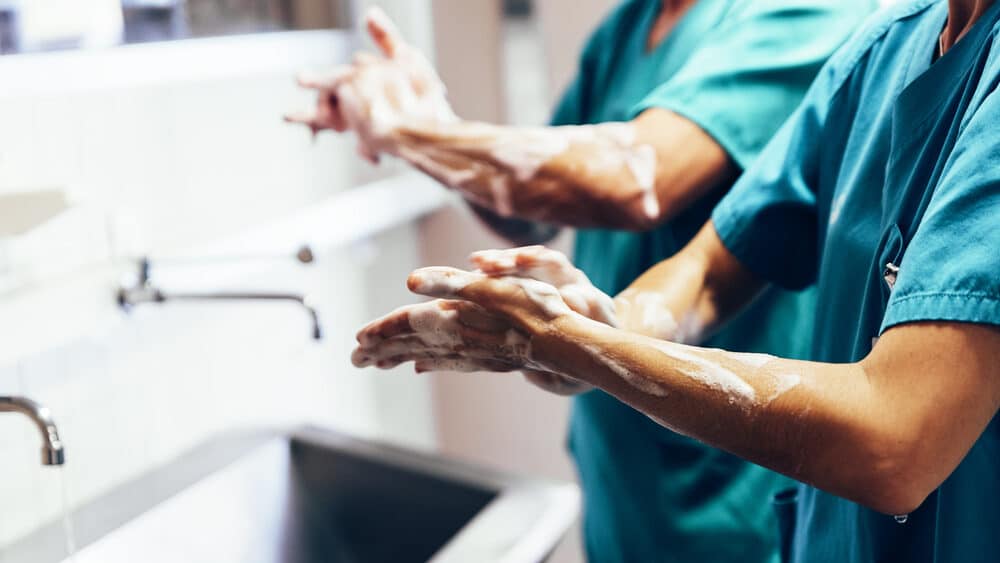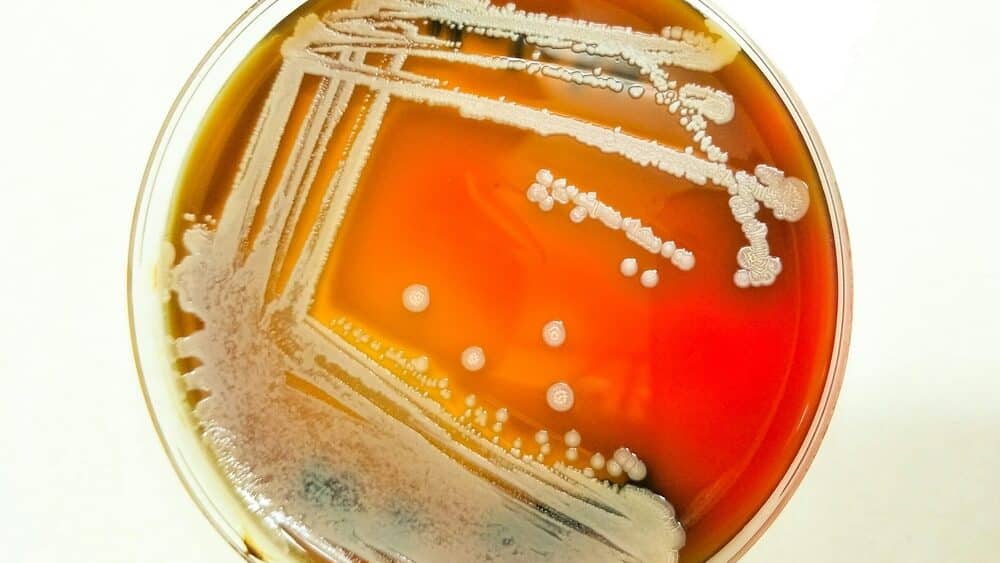The Importance of Medical Hygiene

The Importance of Medical Hygiene
Medical hygiene has come a long way over the history of mankind. From believing that disease was caused by humours and miasmas to the far more recent discovery of antibacterial products, we have learned a lot about the importance of keeping things clean in the medical world. In fact, it wasn’t even until the mid-19th century that the link between cleanliness and good health was established – thankfully since then, we have made significant strides in medical hygiene, including the introduction of antiseptics and antibacterial products that have helped prevent the spread of infectious diseases.
Hygiene in the world of medicine continues to be at the forefront of everything we do at Midmed, and continues to shape how we approach new diseases and challenges. Here’s how.
Ongoing Good Medical Hygiene Prevents The Spread of Disease
While this may sound like a very obvious statement, items such as antibacterial soap – which is now commonly used in hospitals, doctors’ offices and beyond – is only a very recent invention that gained popularity in the 1950s. Even washing our hands wasn’t recognised to be an effective means of reducing the spread of disease until the 1940s.

Good medical hygiene practices such as handwashing, cleaning and disinfecting surfaces, and wearing protective gear is now the gold standard when it comes to reducing the spread of infectious disease. These practices were only solidified during the beginning of the COVID-19 pandemic, when PPE, handwashing and social distancing became an effective means at slowing the spread of the disease and also drastically lowering the occurrence of similar diseases including the common cold and influenza.
Good Medical Hygiene Reduces Healthcare-Associated Infections
Healthcare facilities can be breeding grounds for infections, but proper medical hygiene practices like cleaning and sterilising medical equipment can significantly reduce the risk of healthcare-associated infections. Healthcare-associated infections (HAIs), also known as nosocomial infections, are infections that patients acquire while receiving medical treatment in a healthcare facility such as staph infections. Caused by bacteria, viruses, fungi, or other pathogens, HAIs not only pose a significant risk to patient health and well-being, but also increase the burden on healthcare systems.

To lower the risk of HAIs, it’s important to wash your hands before and after patient contact. Also follow proper protocol when it comes to disinfecting and cleaning patient rooms, surgical instruments, diagnostic equipment, and other frequently touched surfaces. PPE is always important, as are comprehensive infection control policies and procedures in place. These policies may involve surveillance of infections, isolation precautions for patients with specific infections, and education and training for healthcare workers regarding infection control practices.
Protecting Vulnerable Patients With Good Medical Hygiene
People with weakened immune systems, such as the elderly, young children, and those with chronic health conditions, are at higher risk of developing infections. Medical hygiene practices can help protect these vulnerable populations, and again we can look to COVID-19 as an excellent example of this. Even if you were not susceptible to the disease, you were encouraged to mask up, use hand sanitizer, and reduce contact with vulnerable people to keep them safe.

The elderly are particularly vulnerable, since as we age, our immune systems tend to weaken, making the elderly more vulnerable to infections. Additionally, elderly individuals often have underlying health conditions that further compromise their immune function, such as heart and respiratory issues. Simple medical hygiene practices like handwashing, maintaining a clean living environment, and receiving necessary vaccinations can significantly reduce the risk of infections in the elderly. The same can be said for young children, particularly infants and toddlers, whose immune systems are still developing. Individuals with chronic health conditions, such as diabetes, heart disease, or respiratory conditions, often have weakened immune systems and are more susceptible to infections.
Practising good medical hygiene can help reduce the risk of infections and complications for these individuals.
Good Hygiene Promotes Faster Recovery
The elderly are particularly vulnerable, since as we age, our immune systems tend to weaken, making the elderly more vulnerable to infections. Additionally, elderly individuals often have underlying health conditions that further compromise their immune function, such as heart and respiratory issues. Simple medical hygiene practices like handwashing, maintaining a clean living environment, and receiving necessary vaccinations can significantly reduce the risk of infections in the elderly. The same can be said for young children, particularly infants and toddlers, whose immune systems are still developing. Individuals with chronic health conditions, such as diabetes, heart disease, or respiratory conditions, often have weakened immune systems and are more susceptible to infections.
Practising good medical hygiene can help reduce the risk of infections and complications for these individuals.
Good Hygiene Promotes Faster Recovery
Good medical hygiene practices can help speed up the recovery process for patients, as they are less likely to develop secondary infections or complications. When patients are admitted to healthcare facilities or receiving medical care, they are often already weakened or compromised by an illness or injury. By observing a clean and hygienic environment and following proper medical hygiene protocols, the risk of secondary infections and complications can be minimised.
In addition to this, optimal medical hygiene practices are integral to providing high-quality patient care. When healthcare facilities prioritise medical hygiene, patients experience an environment that is clean and safe, and in turn promotes healing. This can make a huge, positive impact when it comes to patient morale, comfort, and overall satisfaction.
At Midmed, we provide solutions for medical centres, hospitals and beyond. From our range of trusted products and equipment to medical fitouts, we supply Australian medical facilities with everything needed to conduct the very best in patient care.

